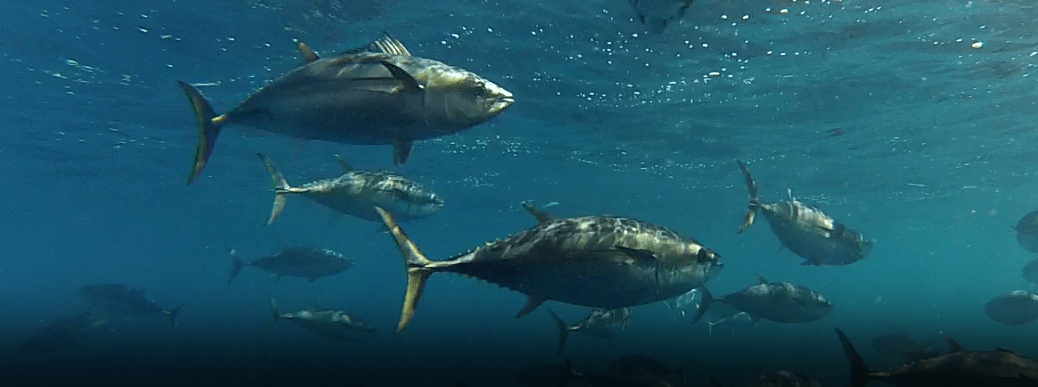Marine Wilderness Rapidly Shrinking
17, Jul 2018

Prelims level : Environment
Mains level :
The team, led by researchers in Australia, found that just 13.2% of the world’s oceans could be classed as wilderness – most in international waters, away from human population.
What makes a wilderness?
- A wilderness is an area of land that has been largely undisturbed by modern human development. Wilderness areas usually lack roads, buildings, and other artificial structures. They provide a natural environment for plant and animal species.
- The places free from intense levels of human activity have really high levels of biodiversity and high genetic diversity.
How much is left?
- As human activities increasingly threaten biodiversity, areas devoid of intense human impacts are vital refugia.
- The team found that most of the areas they defined as wilderness fell within the Arctic, Antarctic and around Pacific Island nations, or in the open ocean, where human activity is more limited.
- Global wilderness extent varies considerably across the ocean, with substantial wilderness in the southern high seas and very little in the northern hemisphere.
- This difference is due to significant fishing and shipping activity occurring in the waters around northern Asia, Europe, and North America.
- These wilderness areas contain high genetic diversity, unique functional traits, and endemic species; maintain high levels of ecological and evolutionary connectivity and may be well placed to resist and recover from the impacts of climate change.
- Despite their conservation status, marine protected areas (MPAs) appear to host just 4.9% of global marine wilderness.
What can be done?
- There are two different ways to manage a wilderness area. The first is conservation, which encourages sustainable use of natural resources.
- The other type of wilderness management is preservation, which encourages people to preserve the wilderness by not using natural resources.
- The UN are currently considering a legally binding addition to the Convention on the Law of the Sea, which would mandate conservation and sustainable use of international waters – currently not protected.
- Better enforcement of existing laws is needed to prevent illegal, unreported, and unregulated fishing, which makes up 10%–30% of global catch
- Although fishing is one of the most significant direct impacts that humans can have on ocean ecosystems, many of the problems being caused originate on land.
- Runoff of nutrients from farming fertilizers, chemicals from poorly controlled industrial production, from rivers are all disrupting ocean life. • Plastic pollution is one of the big things that impact on the marine species.
- Shipping , Pollution and over fishing have reduced areas of wilderness to just 13% of the world’s ocean, warning that untouched marine habitats could completely vanish within half a century.






